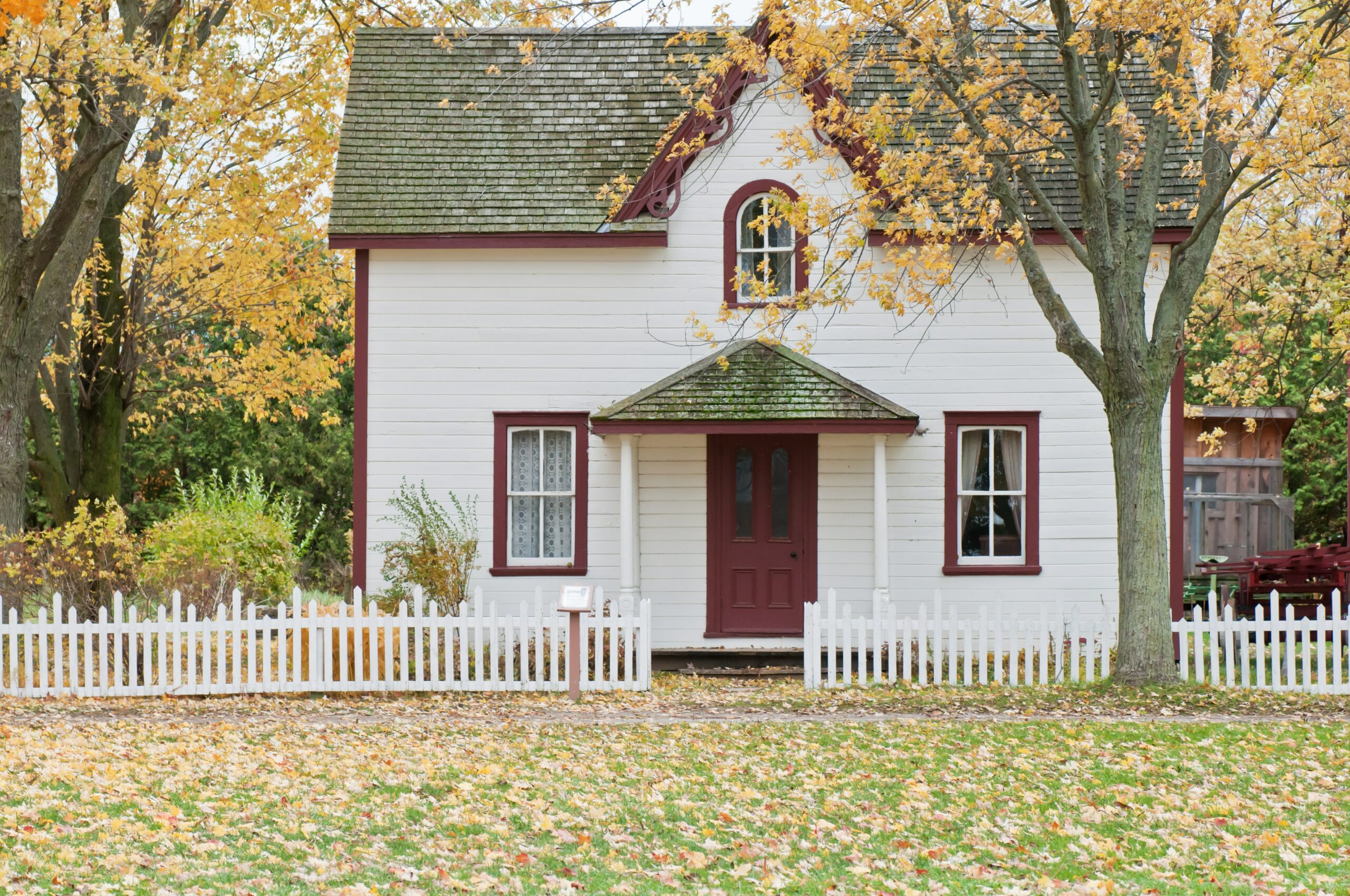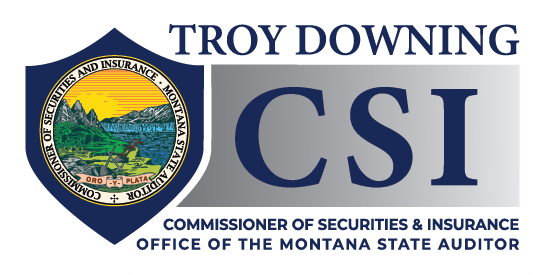
HOMEOWNERS
For most of us, our home is our most expensive investment—and it pays to protect it. For that reason, homeowner’s insurance safeguards our investment and ensures we can recover after a loss. It is important to understand how your homeowner’s insurance works and to educate yourself about your coverage options.
HOMEOWNER’S FAQs
“Replacement cost coverage” pays to replace your home and belongings with materials of “like kind and quality” at current prices. Actual cash value (ACV) policies reimburse the depreciated value. A replacement cost policy will usually cost a little more. Some companies may not offer replacement cost coverage.
Your insurance company will pay for the actual cash value first, but will not pay for replacement costs until the entire repair is complete. The difference between ACV and replacement cost is called “recoverable depreciation.”
Your company must send you notice at least 20 days in advance of your policy being canceled for nonpayment of premium.
If your policy has been “non-renewed” — in other words, the company is not continuing to cover you for a reason other than non-payment—the company must give you a 45-day written notice that your coverage is ending. If you, the consumer, wish to cancel a policy in the middle of your insurance term, we recommend you check with your insurance agent or read your insurance policy about the best way to accomplish this. Some policies contain a provision that consumers cannot cancel their policies mid-term unless the consumer contacts the insurance company in writing. If you simply stop paying your premium in an effort to cancel the policy, you could end up owing the cost of the term.
One common reason insurance companies do not pay for the full cost of replacing damage has to do with the materials a contractor proposes in his or her bid. Your policy allows for “like kind and quality materials” on repairs or replacement of your damaged property. If your contractor prepares an estimate for a metal roof that will replace a shingled roof the insurance company doesn’t have to cover the difference in cost.
Keep in mind, your insurance policy is a contract and sometimes there is limited or no coverage at all for certain things. Your contractor may say that you need an entirely new roof and the insurance adjuster says it can be repaired instead of being replaced. The key to what triggers coverage is whether the damage is caused by a covered event or “peril”. Review your policy to make sure what “perils” are covered. Things like hail, wind or fire are covered “perils.” If your contractor tells you need a new roof be sure to clarify why it needs to be replaced. Does it need replacement because of hail or does it need to be replaced because it is a 30-year-old roof with significant “wear and tear? If the reason for replacement is simply because it old and in poor condition (wear and tear) your policy may not provide coverage because “wear and tear” is an exclusion under the policy.
While homeowner’s insurance is not designed to cover most business uses of your home, some policies might cover some business uses, at least partially. For example, if you use your home computer or laptop for business, it’s often covered. However, you should check your policy limits to make sure. Your laptop might be covered even it is lost, damaged, or stolen while you are away from your home.
Most homeowner policies provide a limited amount of liability coverage if you care for a friend’s children and are not paid. If you provide daycare in your home for a fee, you must buy more insurance to cover this additional liability.
